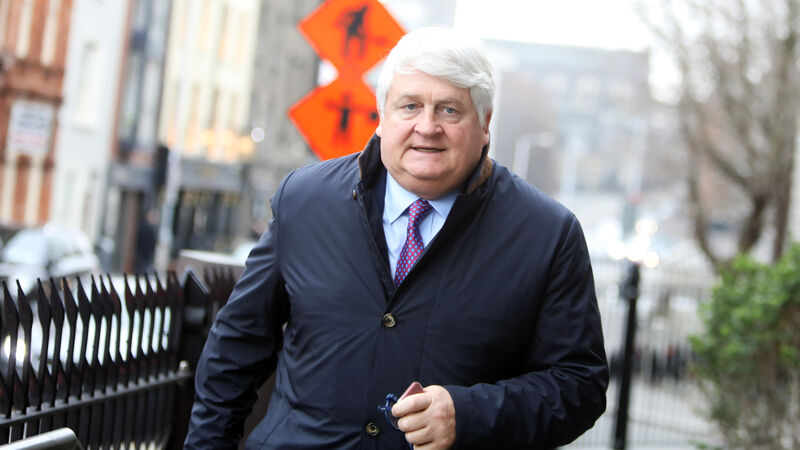Denis O'Brien seeks damages from Meta for defamation over 'false and malicious' ads

He intends to bring his proceedings against the parties behind the adverts as well as Dublin-based Meta Platforms, which is the social media giant's European headquarters. File photo: Leah Farrell/RollingNews.ie
Businessman Denis O'Brien has sought High Court orders requiring tech giant Meta to provide him with information about those behind allegedly "false and malicious" advertisements containing his name and image that have been posted on its platforms.
Mr O'Brien claims that since last August his name and image have been used in a series of fake adverts that he said is a “clear campaign to promote dubious financial schemes including cryptocurrency investments" to users of the social media platform's services via Meta Ads.











